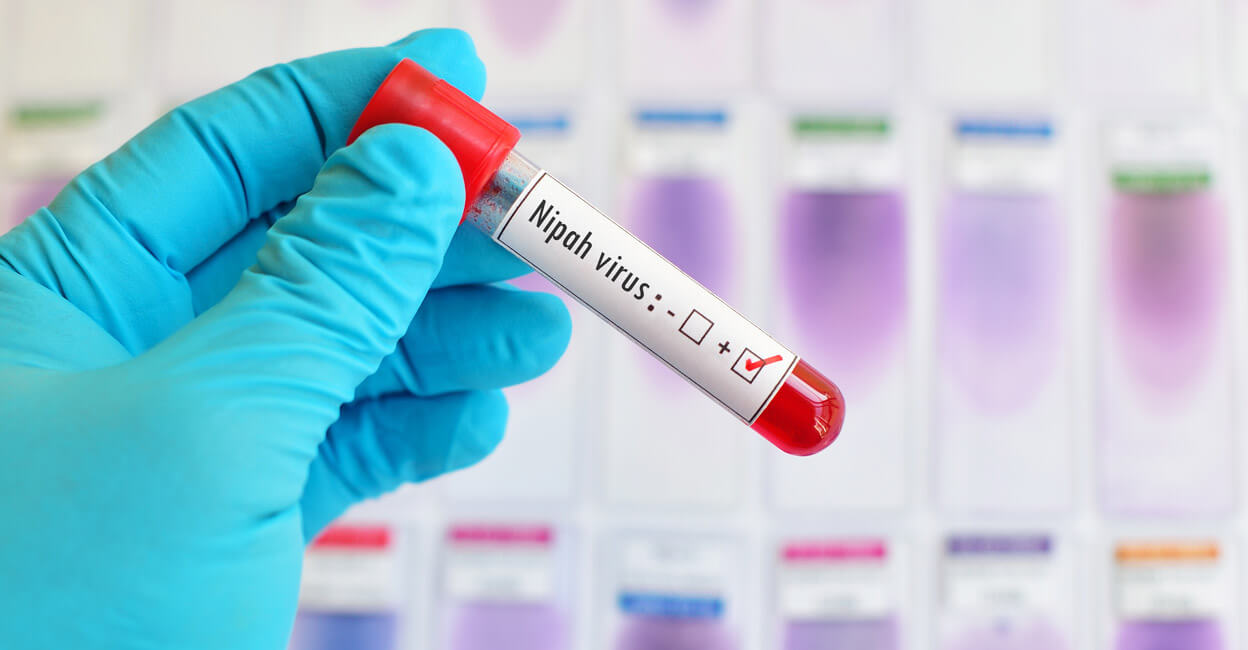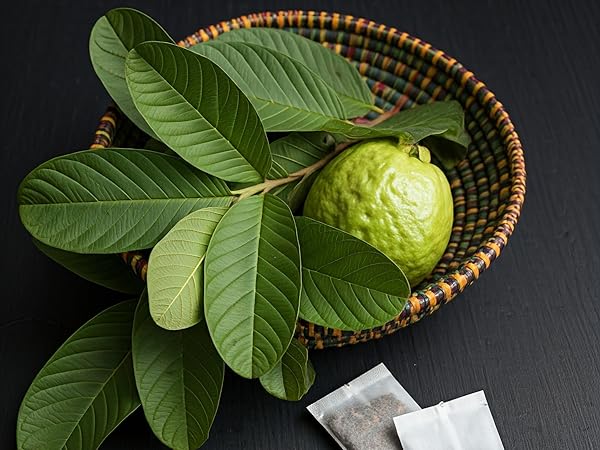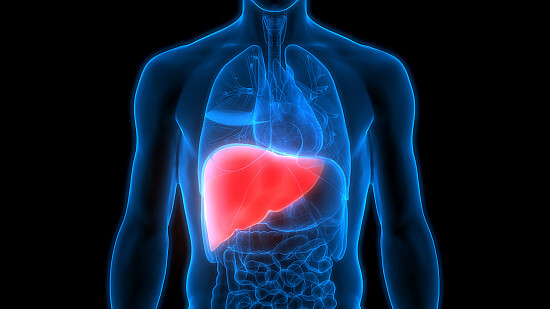Nipah virus infection in Kerala, know signs, symptoms, treatment, precautions
Tue 12 Sep 2023, 22:59:09

Nipah virus is a zoonotic virus that can be transmitted from animals to humans, and in some cases, from person to person. It can also be transmitted through contaminated food or directly between people. The virus was isolated and identified in 1999 and is named after a village in Malaysia, Sungai Nipah. According to experts, Nipah is a paramyxovirus. It is related to a human virus, human parainfluenza virus, one of the handful of viruses that cause the common cold. Its natural host is the fruit bat, the large and small flying foxes which are distributed across South and Southeast Asia. All cases of human infection with the Nipah virus to date have been due to direct or indirect contact with infected bats.
The infection in bats is sub-clinical, so goes largely unnoticed. The virus is excreted in the urine which, via grooming and crowding, ensures transfer within and between colonies. Fruit or fruit juice contaminated by bat urine is the principal route of virus transmission to people, they said. In the cases of human infection, so far, there has been limited spread to only close contacts of the primary infected individual, such as family members or, if the person is hospitalised, hospital staff. Know signs, symptoms, treatment and precautions of Nipah virus:
Signs and Symptoms:
The initial symptoms of Nipah virus infection are similar to those of many other common illnesses. They include fever, headache, muscle pain, and fatigue. These symptoms can be followed by dizziness, drowsiness, altered consciousness, and neurological signs that can lead to coma within 24-48 hours.
Nipah virus can also cause respiratory symptoms such as cough, shortness of
breath, and sore throat. Also, Nipah infection is encephalitis (inflammation of the brain), which can lead to severe complications. In severe cases, Nipah virus infection can result in a high fever, confusion, seizures, and even death, with a high mortality rate (often exceeding 70%).
breath, and sore throat. Also, Nipah infection is encephalitis (inflammation of the brain), which can lead to severe complications. In severe cases, Nipah virus infection can result in a high fever, confusion, seizures, and even death, with a high mortality rate (often exceeding 70%).
Treatment:
There is currently no specific antiviral treatment for Nipah virus infection. Medical care primarily involves supportive treatment to manage symptoms and complications. Infected individuals should be isolated to prevent the spread of the virus to others. Healthcare workers should use appropriate infection control measures.
Precautions:
Avoid Contact: It's crucial to avoid contact with animals, especially bats and sick pigs, as they are known to be reservoirs of the virus. Do not consume raw date palm sap or fruits that may have been contaminated by bats.
Personal Hygiene: Maintain good personal hygiene, such as regular handwashing with soap and water.
Isolation: Patients with Nipah virus infection should be isolated, and healthcare workers should take strict infection control precautions.
Quarantine: In outbreak situations, quarantine measures may be implemented to prevent the spread of the virus.
Preventive Measures:
Research on Nipah virus vaccines is ongoing, but no widely approved vaccine is available yet.
It's important to note that Nipah virus outbreaks are relatively rare but can be deadly. If you suspect Nipah virus infection or are in an area with an outbreak, seek medical attention immediately and follow the advice of healthcare authorities.
No Comments For This Post, Be first to write a Comment.
Most viewed from Health
AIMIM News
Latest Urdu News
Most Viewed
May 26, 2020
Do you think Canada-India relations will improve under New PM Mark Carney?
Latest Videos View All
Like Us
Home
About Us
Advertise With Us
All Polls
Epaper Archives
Privacy Policy
Contact Us
Download Etemaad App
© 2025 Etemaad Daily News, All Rights Reserved.






























